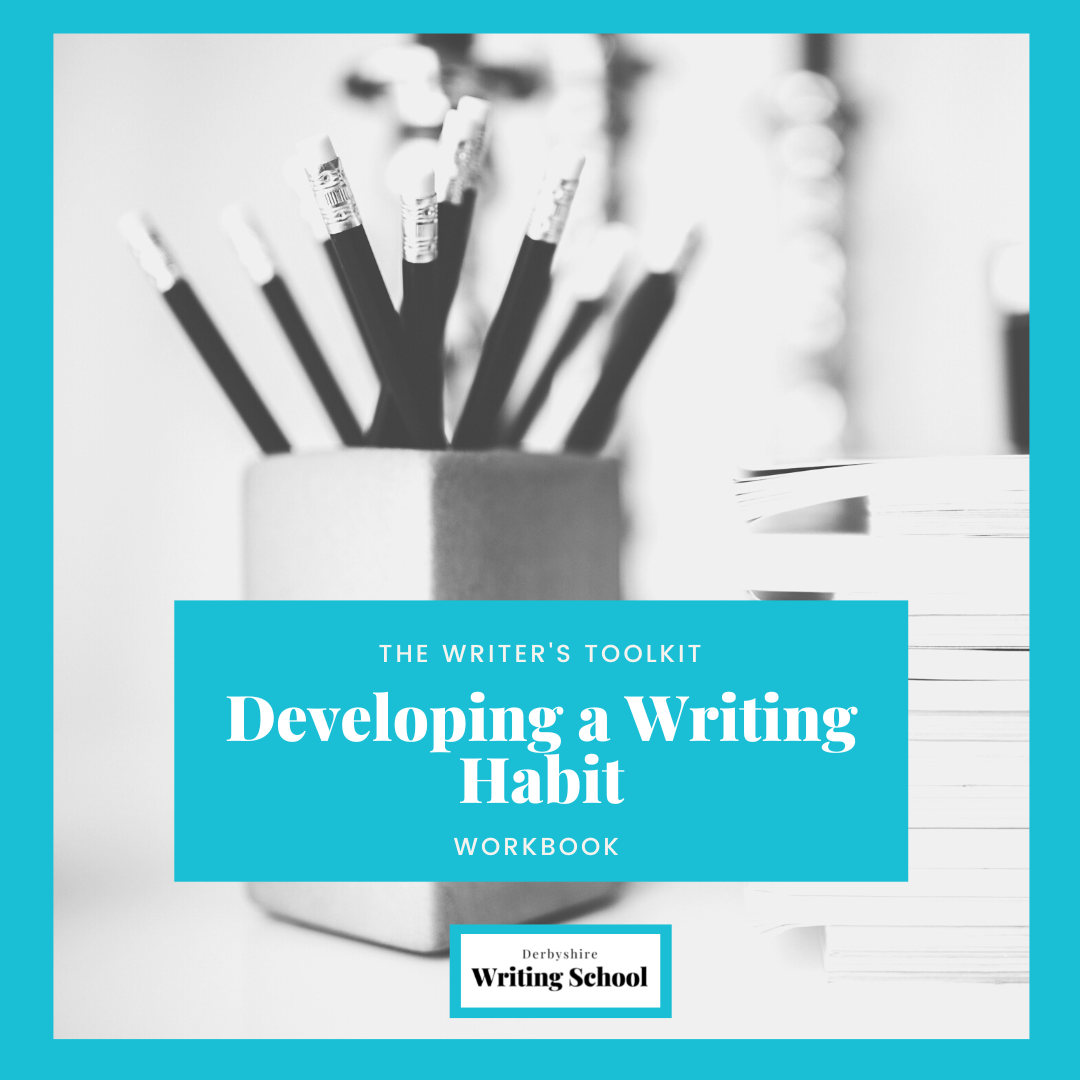How To Develop A Killer Writing Habit Quickly
Warning! Writing is hard. (But it’s always worth it).
I used to obsess with research and books about writing routines and habits. I used to be a clickbait junkie; any blog post, listicle or life hack about developing a writing habit or morning routine and I was hooked. I’d scope out all the books and try to emulate what the authors did, but I kept getting disappointed. It didn’t seem to work for me. Eventually, I learned we need to make writing habits fit into our lives and around our commitments, not the other way around.
Everyone is different and has different writing goals and values. Discussions about creating writing habits are not meant to be a competition or a criticism. It can make us feel bad for not doing things, or for not setting big goals. But comparing ourselves against other people’s habits and routines is not what this is about. We need to find our own way and the best habits that work for us as individuals.
“We won’t make ourselves more creative and productive by copying other people’s habits, even the habits of geniuses. We must know our own nature and what habits serve us best.“
So, What Is A Writing Habit?
When we look in the dictionary, a habit is something you do often and regularly, sometimes without knowing that you’re doing it. So, it almost becomes a part of who you are.
When we talk about a writing habit, this could be our regular writing routine, our process, or practice, but it could also be things like a daily word count. We want to develop successful writing habits. This means developing habits that make us productive and help us achieve our goals. Sometimes we can have negative habits and it’s important we recognise those too, as we can work to change them.
Why Do You Need A Writing Habit?
You will become a better writer.
Writing is tacit knowledge; this means we get better by doing it. We learn by actively taking part. The more you write, the better you’ll get. The more consistently you do it, the quicker you’ll get better too.
You will feel less pressure and anxiety around your writing goals.
So often, we want to write, it’s who we are and when we don't we feel guilty. We procrastinate. But if we have a regular writing habit, we create freedom through discipline. We relieve the pressure, shame and guilt that often surrounds our writing, as we stick to the agreed plan and show up.
You will feel more in control.
Instead of waiting to be inspired and thinking you can only write at certain times, you will empower yourself by asserting control over the process and creating a regular habit.
You will become more productive as you build momentum within your work.
You get to call yourself a writer when you write.
Writers write. Not when you publish a book or a magazine article, but when you show up and write. Developing a writing habit makes you a writer. This will also help you develop a writing mindset.
How To Develop A Writing Habit
#1 You need goals and targets
Goal setting and habits go hand in hand. You develop a writing habit by having clear goals and targets. Without knowing where you are going, you are bound to end up lost, you’ll drift and lose motivation because there will be no end purpose. If you write for mindfulness or journal as a hobby you might not need strict goals. But you still need to aim for something tangible.
You need to know why you are writing. What is your reason why? Your motivation? Do you want to write a book, or blog, or do you want to journal every day for three months? What’s your why? Knowing this will help you develop a writing habit and meet your writing goals. Spend some time setting targets, be specific.
#2 Understand how habits are formed
To develop a writing habit, you need to have an understanding of how habits form. This helps demystify the process, and it allows you to work with the science of forming habits, rather than against it.
For example, in his book Atomic Habits, James Clear states the best way to develop a new habit, is to make the task as easy as possible. We are creatures of routine and repetition, therefore creating new habits is hard. There are a few ways we can make this easier, for example, by making it simple and attractive. This could look like setting out your writing notebooks by the kettle in the morning so it’s ready to go first thing and you can’t forget. Or planning what you will write about each day, so you know where to start.
Habits can also be formed quickly if we stack them together. They call this habit stacking. Grouping together small activities into a routine which you link to a habit already set in your day. For example, if you commute to work on the bus, perhaps you could use that time to write each day. You can read more about habit stacking here.
#3 Embrace the power of marginal gains
One of the best ways we can develop a writing habit is by taking small actions regularly, breaking our habits down is the best way to make them sustainable and consistent.
We develop a writing habit by tracking the progress of our goals. This is because we form a habit over a significant period of time. We need to see the progress to help motivate us to continue. Think about how you can start to track your habits and goals.
4# Be kind to yourself
Writing is hard, and it’s important to embrace failure as part of the process. We will miss days, we will forget, and starting a new habit will be hard, but embracing this is how we learn. Instead of beating yourself up about missing a day, ask yourself why. Do you need to give up something else to make more space? Is this the time in your life to make writing a priority?
Know you can begin again every day. Every day is fresh with no mistakes in it. Try again. Just because you missed one day doesn't mean you need to miss two, keep trying.
Self-care is part of the process. There might be times when you need to stop and just rest. But be truthful. Are you being lazy, or do you need a break? But most importantly, only compare yourself to yourself.
Consistency is the most powerful tool you possess to help you develop a writing habit. If you want to develop a writing habit, it’s much better to write a small amount of words or for a minimal amount of time regularly, rather than enormous amounts intermittently. However, you have to find your own way and pick out the habits that will be best for you. We’d love to know how you get on with developing writing habits, please get in touch and let us know!
Learn more about how you can develop a killer writing habit with our writing workbook
We all want to develop good writing habits, but making sure we stick with them is hard work. This workbook will show you how you can fit your writing into your busy schedule and finally finish your first draft.












